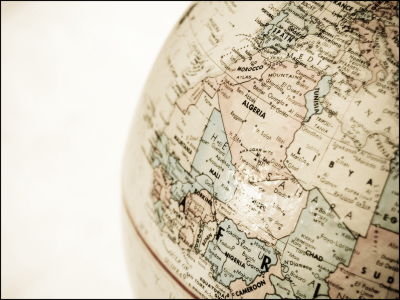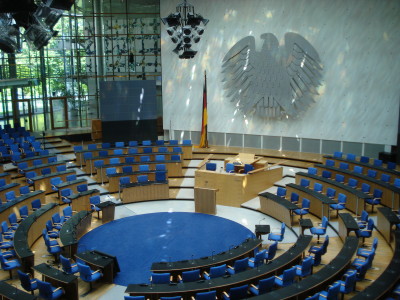Finland is strongest against fake news, and where is Japan?

A report assessing the media literacy of people in 47 countries around the world ranks the countries that are most susceptible to problems such as false reporting and misinformation. The study highlights geographic trends in the impact of fake news.
How It Started, How It is Going: Media Literacy Index 2022 | OSIS.BG
The `` Media Literacy Index '', which the Open Society Institute in Bulgaria started surveying in 2017, is based on data from the World Bank, the United Nations, think tanks, etc. This is an initiative to evaluate the media literacy of people in each country based on four scores: trust between people and participation in politics. Among the four evaluation axes, 'education' is the most important, and it is designed so that the results of reading comprehension, in particular, greatly affect the results.
Previously, the index covered only 41 European countries, but the 2022 edition adds Australia, Canada, Japan, Israel, South Korea, and the United States to the list for the first time, bringing the total to 47 countries.
Below is a ranking of the top 10 countries in Cluster 1, which performed best in this report. Finland ranked 1st with 75 points out of 100, Norway ranked 2nd, and Denmark ranked 3rd, resulting in the Nordic countries occupying the top positions. Especially in Finland , where methods to spot fake news and misinformation are built into school education, it's no surprise that it takes the top spot. Outside of Europe, Canada and Australia ranked 7th and 10th, respectively.
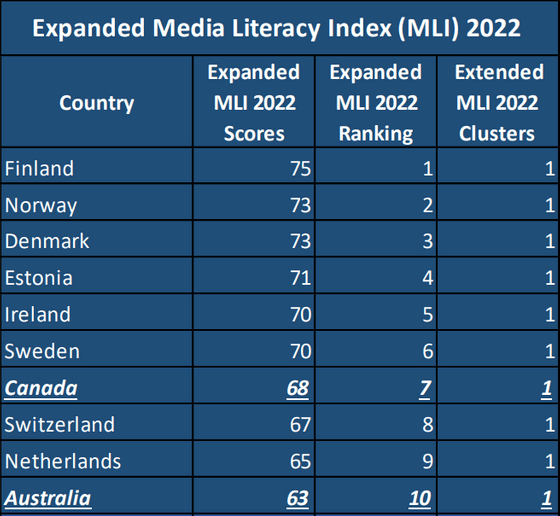
Next, the ranking of 'Cluster 2' with the second best performance is below. Germany, ranked 11th, is followed by Iceland, the United Kingdom, Belgium, Austria, and Portugal, while the non-European countries South Korea and the United States are ranked 17th and 18th respectively. Japan is also ranked 23rd.
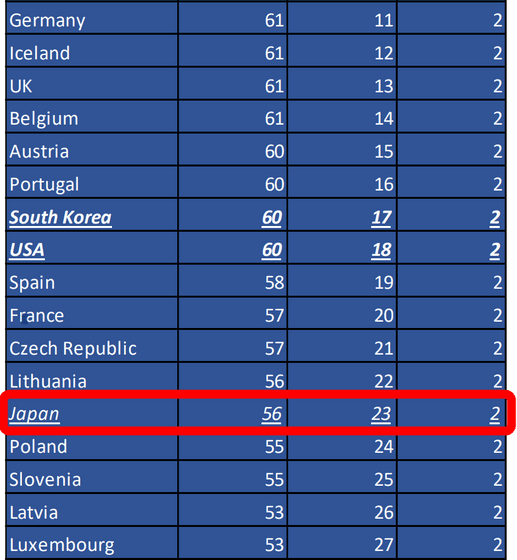
Finally, the ranking from 'Cluster 3' to 'Cluster 5' is as follows. Five of the six non-European countries added to the evaluation target were all in clusters 1 and 2, but Israel ranked 41st in cluster 3. In addition, Ukraine, which is developing '
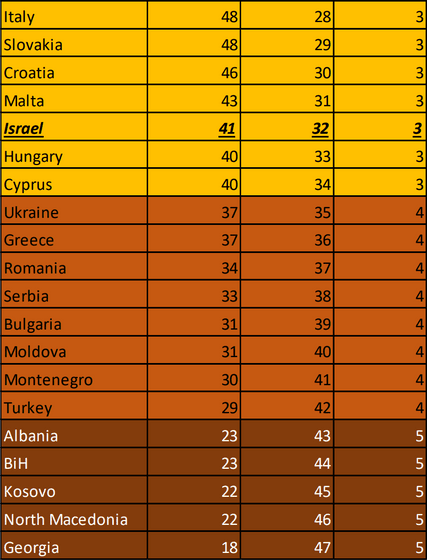
Regarding this result, the Open Society Institute argued that ``many of the best performing countries are concentrated in the northwestern part of Europe,'' and that ``most of the poorest performing countries are located in the southeastern part of Europe and the South Caucasus. It points out that there is Especially in countries with poor grades, the quality of education, press freedom, people's trust, etc. are lacking, and this is why the rankings reflect their vulnerability to fake news.
In addition, this index analyzes that the `` infodemic '' related to the new coronavirus infection and the ``infowar'' in the war in Ukraine have accelerated the threat of disinformation.
``Our research highlights that the regions most vulnerable to fake news are those with the least concern about the spread and impact of disinformation,'' said Marin Lesenski, the report's author. 'In the war in Ukraine, the risk of misinformation is high because some parts of the population are unaware of or ignore its consequences.'
Related Posts:
in Note, Posted by log1l_ks


